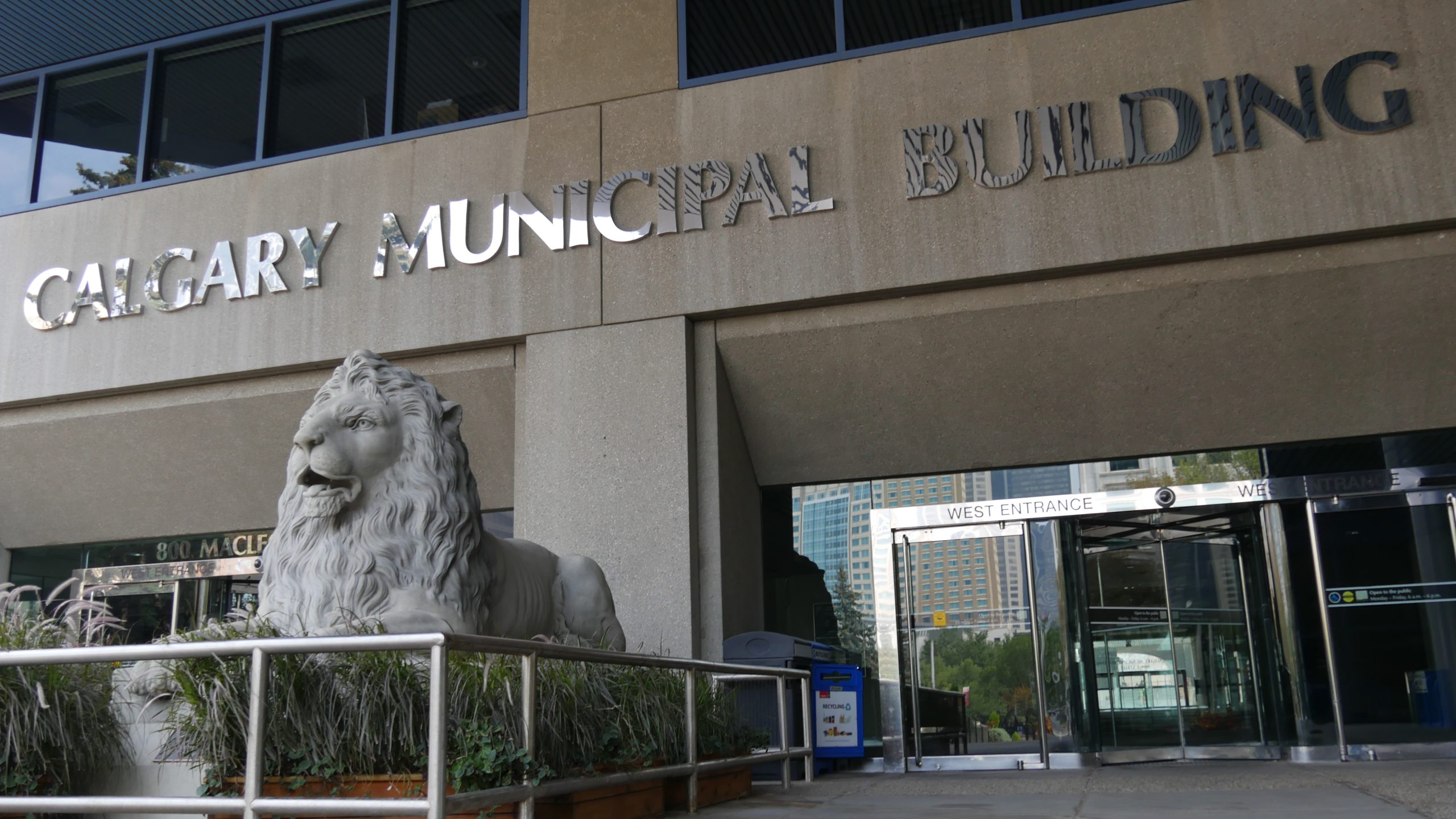
Calgary could see the return of a municipal census as soon as 2027.
The Executive Committee voted unanimously Wednesday to bring the issue back to council.
An annual municipal census was cut during mid-cycle budget adjustments in 2020 to save money. Two years, later, in 2022, council rescinded the Civic Census Policy that had been in place since 1984.
Alan Martin with city and regional planning, said the data would be useful to the city.
“Calgary’s experiencing a period of rapid growth with population increases almost three times the typical rate,” he explained. “However, there is no population data available to monitor this rapid growth in a timely manner.”
City officials have been using federal census data as a means of keeping track of Calgary’s population, but have faced issues as data is collected every five years and other made available at a community scale two years after that.
Statistics Canada doesn’t ask the same questions as the previous municipal censuses have, meaning some data has simply not been available. This presents challenges for city planning and for groups like the Calgary Board of Education (CBE) which relies on timely population data to plan for student enrolment.
Administration has recommended a civic census be completed every two years and has developed three options for carrying it out.
The first is an internally developed census, the most expensive option, that would come with a price tag of about $13 million. The next is an internally developed census with licensed software that would cost about $10.5 million. Lastly is a contractor supported census totally about $10.7 million.
All three options would cover the cost of startup and two censuses.
Administration has identified the contractor supported census as its preferred choice because of faster to use existing licensed software, a smaller permanent team, and the fact significant costs would be saved up front.